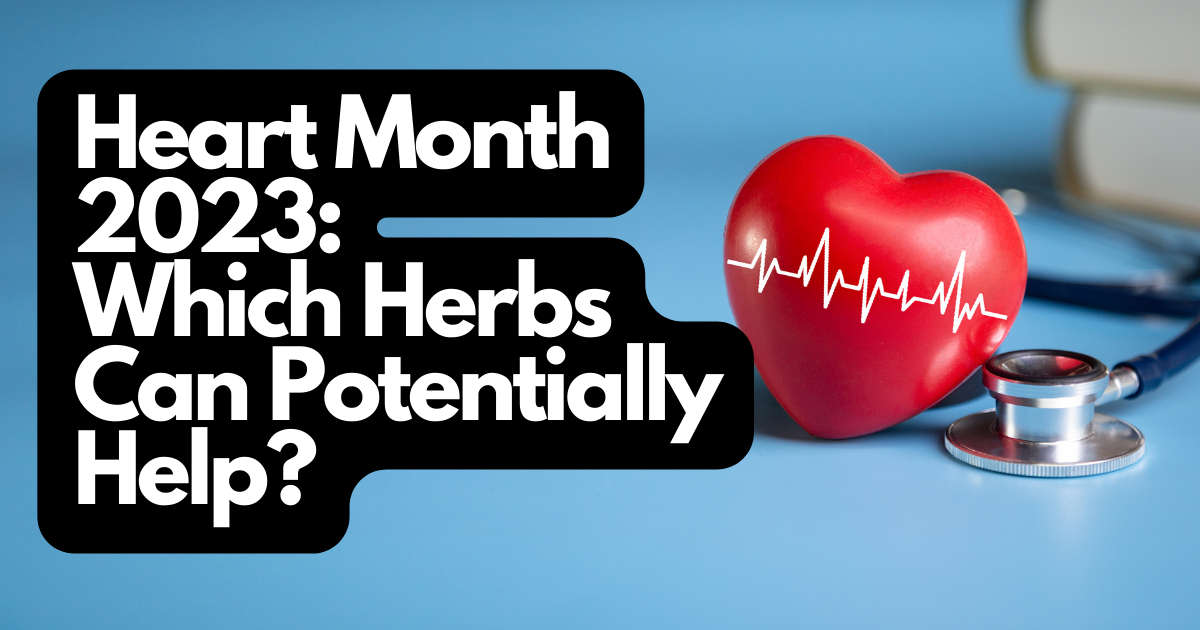
Heart Month is an occasion in February of this year designed to raise awareness on the importance of improving cardiovascular health. Heart disease is one of the leading killers globally, taking an estimated 17.9 million lives each year.
Many different things can influence the risk of developing cardiovascular disease. While some of these are things you can't control, there are a number of lifestyle changes you can make to positively impact heart health.
One of the biggest possible changes is getting your diet in line – poor diet is the leading cause of heart disease deaths worldwide. Luckily, you're in the right place. Join us as we assess the things you can do to improve heart health, and specifically the things you can eat.
What are the Biggest Risk Factors of Poor heart Health?
There are many things you can do to positively impact heart health, but first we need to understand what can affect it negatively.
Causes of Poor Heart Health
- Obesity
- Poor diet/lack of nutrition
- Physical inactivity
- Smoking
- High blood pressure
- High cholesterol
What Can I Eat to Improve My Cardiovascular Health?

We're going to focus on diet today because that's our speciality. As previously mentioned, poor diet is the top contributor to heart disease deaths globally, followed by high blood pressure and high cholesterol.
The study author recommended cutting down on the following food types: processed foods, sugary beverages, trans and saturated fats, and anything with added salt or sugar. Conversely, Dr Liu recommended upping your intake of the following food types.
Food Types to Eat More of:
- Fish
- Fruits
- Vegetables
- Nuts
- Whole grains
- Protein sources like eggs & beans
A healthy diet is associated with a reduction in hypertension, heart disease, COPD, lung cancer, maintaining skeletal muscle mass and preserving bone mass, reducing fracture risk, and more.
Which Culinary Herbs Can Contribute to Heart Health?
Our range of herbs is all low-calorie, low in salt, sugar and saturated fats. Happily, they all still taste amazing, either as snacks or integrated into healthy meals.
Dried Shiitake Mushrooms

Fungi are wonderful little organisms that have a diverse array of potential health effects: antioxidant, immunomodulatory, anti-inflammatory, just to name a few.
But the potential cardioprotective effects are what make our Dried Shiitake Mushrooms a fantastic option for improving heart health. Pair it with a complex carb like brown rice, an abundance of leafy greens, and a source of protein, and you're onto a winner.
Dried Goji Berries
 We love goji berries. Treasured in medicinal circles for millennia, it was initially believed that goji berries were the key to a long and fruitful life. While we can't say for definite if that's true, it's quite clear that wolfberries possess a nutritional profile that makes them candidates for today's topic.
We love goji berries. Treasured in medicinal circles for millennia, it was initially believed that goji berries were the key to a long and fruitful life. While we can't say for definite if that's true, it's quite clear that wolfberries possess a nutritional profile that makes them candidates for today's topic.
Goji berries are rich in vitamins, iron, potassium, dietary fiber, lipids and antioxidants. There's data to suggest that among other things, they may confer cardiovascular benefits and a reduction in high blood pressure.
Dried Red Adzuki Beans
 Protein is incredibly important in terms of not just maintaining robust heart wellness, but your overall vitality too. Protein is crucial for growth, repair and maintenance of various functions in the body.
Protein is incredibly important in terms of not just maintaining robust heart wellness, but your overall vitality too. Protein is crucial for growth, repair and maintenance of various functions in the body.
One of the best sources of protein can be found in beans. Our Dried Red Adzuki Beans are a fantastic option, with a rich, enjoyable taste profile that pairs very well with rice dishes loaded with vegetables.
Dried Cinnamon Bark
 Another food type absolutely packed with antioxidants, cinnamon has been used as far back as 2800 BC for things like anointment and embalming. Its potential to offer a variety of potential benefits make it a great choice for attempting to improve heart wellness.
Another food type absolutely packed with antioxidants, cinnamon has been used as far back as 2800 BC for things like anointment and embalming. Its potential to offer a variety of potential benefits make it a great choice for attempting to improve heart wellness.
Our Dried Cinnamon Bark can be used in a variety of ways, but you'll get the most out of it when adding it to a balanced dessert. It makes a great accompaniment to hot drinks, too.
Sliced Ginseng

Ginseng is a herb that has been used medicinally in Eastern cultures for centuries, where it has mostly been prescribed to treat low energy and a lack of spirit. But modern studies have shown ginseng has a number of possible benefits.
These studies suggest that it can improve antioxidant and blood circulation, ameliorate vascular function, reduce high blood pressure, and increase cardiac function. Ginseng can be added to soups, broth, stir-fries, and even tea.
Summary
We've discussed the importance of heart vitality and some of the ways in which you can improve it. We're particularly interested in how you can do that with diet, and considering that's the leading cause of heart disease, we think it's important to focus on.
As we've shown, you can get a lot of heart-friendly nutrients from our dried herbs. They need to be paired with a varied, nutritious diet and lifestyle of course.
Check out our blog on five healthy snacks to keep you going through the day.
